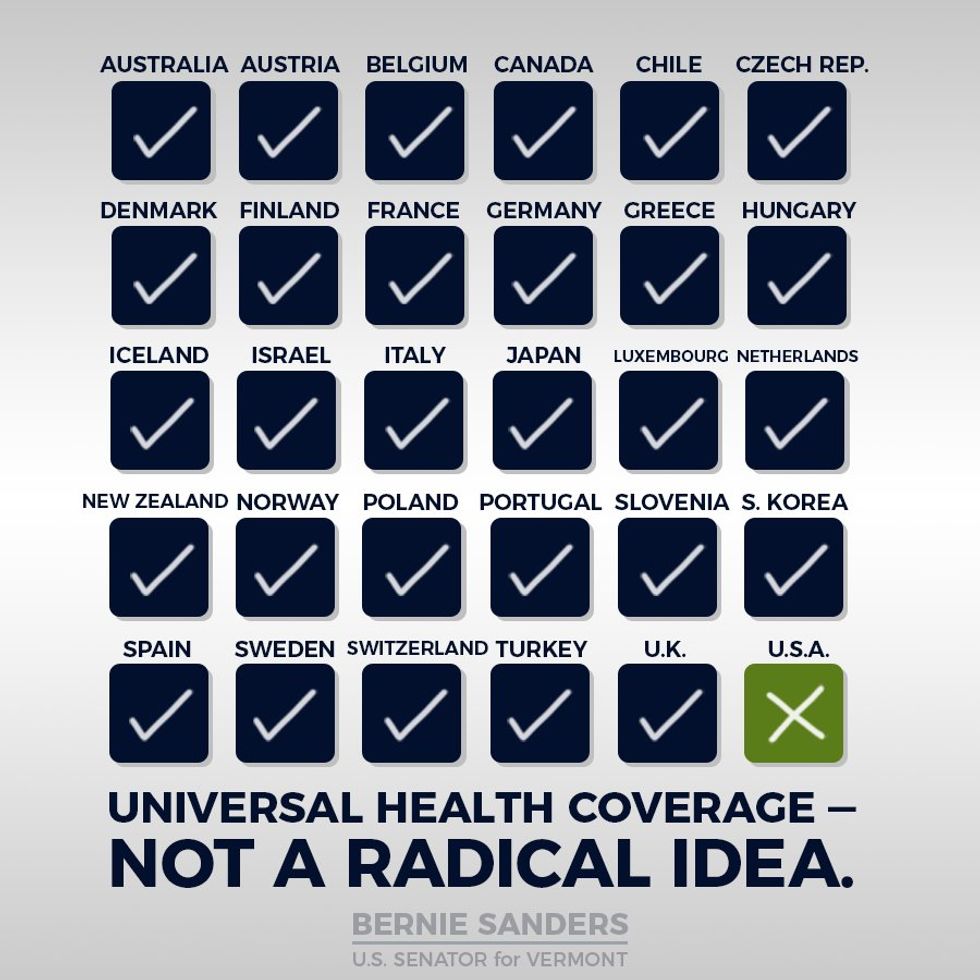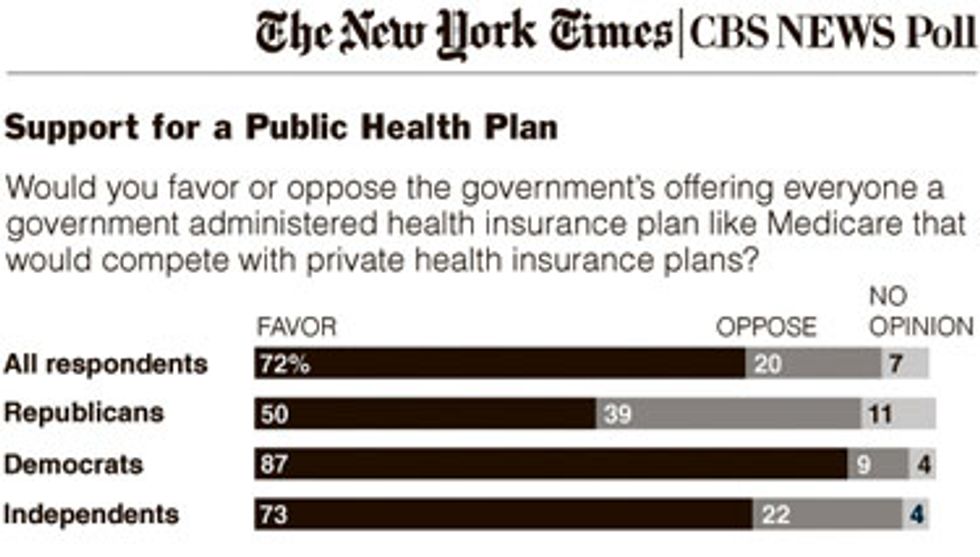"Obamacare is the law of the land", said Speaker of the House Paul Ryan (R-WI) following the cancellation of the House vote on the new GOP healthcare bill.
For about seven years, the GOP had more than enough time to focus on what would replace The Affordable Care Act, also known as Obamacare. When the time came to step up to the plate, the House vote was cancelled two days in a row. The votes were not there, even with a Republican Party majority. What is the next strategy for the GOP? It seems that plan B is to destroy Obamacare, hurt millions of Americas, and then proceed to blame it on Obamacare rather than the GOP's efforts to sabotage.
"Let Obamacare explode", says President Trump. No improvements. No acting on their word to help the millions of people who were adversely affected by Obamacare. The GOP will not allow Obamacare to be successful in any case. If they cannot pass healthcare legislation, the next move would be to allow a Democratic healthcare legislation to hurt even more people rather than fix the problem.
Repealing and replacing Obamacare should have been the easiest task for Congress. Republicans are essentially unanimous in repealing Obamacare. This is what they campaigned for. This is what President Trump campaigned for, promising that it would be repealed on day 1. If one of their most unanimous and consistent platform points cannot pass, what will? The GOP's plan failed, Obamacare is far from perfect, but there is one other option that is employed by basically every other developed country except the United States.
Progressives and universal healthcare supporters are taking advantage of the power vacuum right now. They are seeing a perfect opportunity to push for a single-payer Medicare-for-all system. Medicare is one of the most popular government programs. In fact, Senator Bernie Sanders (I-VT) has introduced legislation to achieve this. Sanders is joined by his influential progressive colleagues and grassroots leaders all over this country. Here is the situation:
Both parties claim to want affordable healthcare, but this does not actually happen in practice. Both major parties refuse to go after the insurance companies who are taking advantage of the sick, elderly, and poor. While this is happening, under the proposed GOP plan, hundreds of billions of dollars would be awarded in tax breaks to the richest among us. This is not a healthcare system, it is a corporate tax break and method to enrich the insurance companies at the expense of the American people.
The GOP and Democratic Party must be serious about healthcare reform instead of over-politicizing it with talking points, scare tactics, and childish obstruction. Putting party before country is shameful. If both parties are serious about healthcare, they would take it seriously. We are, however, not seeing serious discourse. We are seeing an overwhelming lack of courage from both parties who refuse to disappoint large corporate donors and special interests. They want fair and affordable healthcare, but they do not want to solve the problem to do just that.
Single-payer healthcare does not have to be all-or-nothing. The state does not have to control every aspect of healthcare. In fact, some countries even have a hybrid system where single-payer exists alongside private insurance. There is no universal strategy that can work in every single country, but there are options for each country to provide insurance to all citizens. Solutions can only exist with educated, bipartisan, and cooperative deliberation. It requires an extreme level of commitment to solving the problem for the long-term.
The Democratic Party cannot settle for weak legislation such as Obamacare. They must lead the push for single-payer Medicare-for-all which 58% of the country supports. According to the majority of the country, most Americans do not want to see Obamacare repealed unless it is replaced with the next big step in healthcare. That is, joining every other industrialized nation in guaranteeing quality, affordable healthcare as a right to all people.
We live in one of the richest countries in the world. In Canada, 300 miles from Ramapo College, prescription medications cost significantly less than in the United States. Across the developed world, dozens of countries have discovered a way to make universal healthcare a reality. Are these countries and their healthcare systems perfect? Of course not. But compared to the turmoil in this country over the healthcare debate, it would be worth entertaining the idea of changing the discussion. Perhaps ask "how can single-payer universal healthcare work in this country" rather than "which one of our two ineffective systems will work best?".
The defeat of the GOP healthcare bill was the result of millions of Americans standing up, rallying, and contacting their representatives to express opposition to the bill. This is only half of the battle. Any American who supports real, meaningful healthcare reform, must get involved and stay involved. If there has ever been a time to support single-payer Medicare-for-all, now is the time.





















